The Air Line Pilots Association, the largest pilot union in the U.S., has filed with the Department of Transportation asking them to outlaw the business model of JSX, which operates 30 seat planes from private terminals.
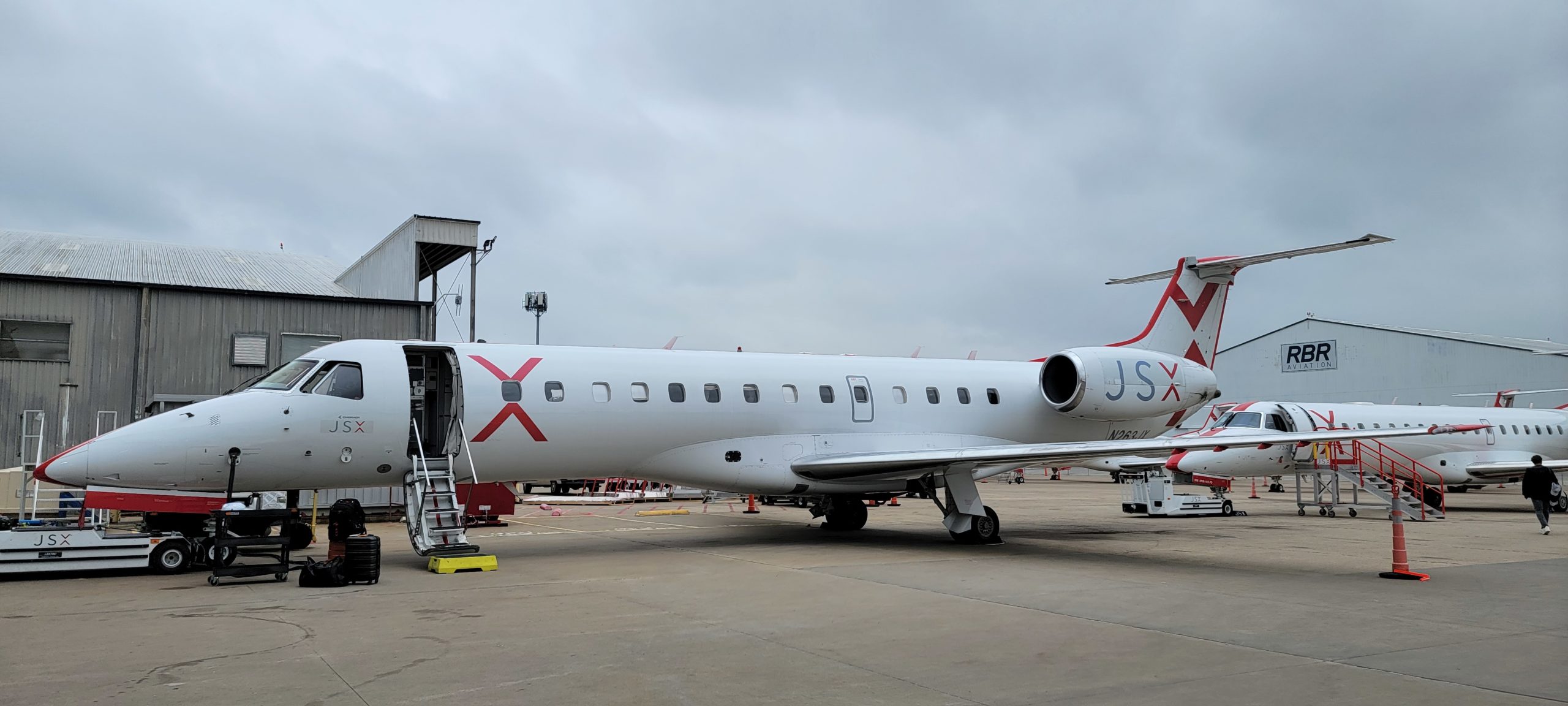
When I first flew JSX I thought that it was too good. You don’t have to go through airports, and can arrive 20 minutes before your flight. All seats are first class seats, drinks and snacks are free, and so is wifi. And everyone seems to like being there.
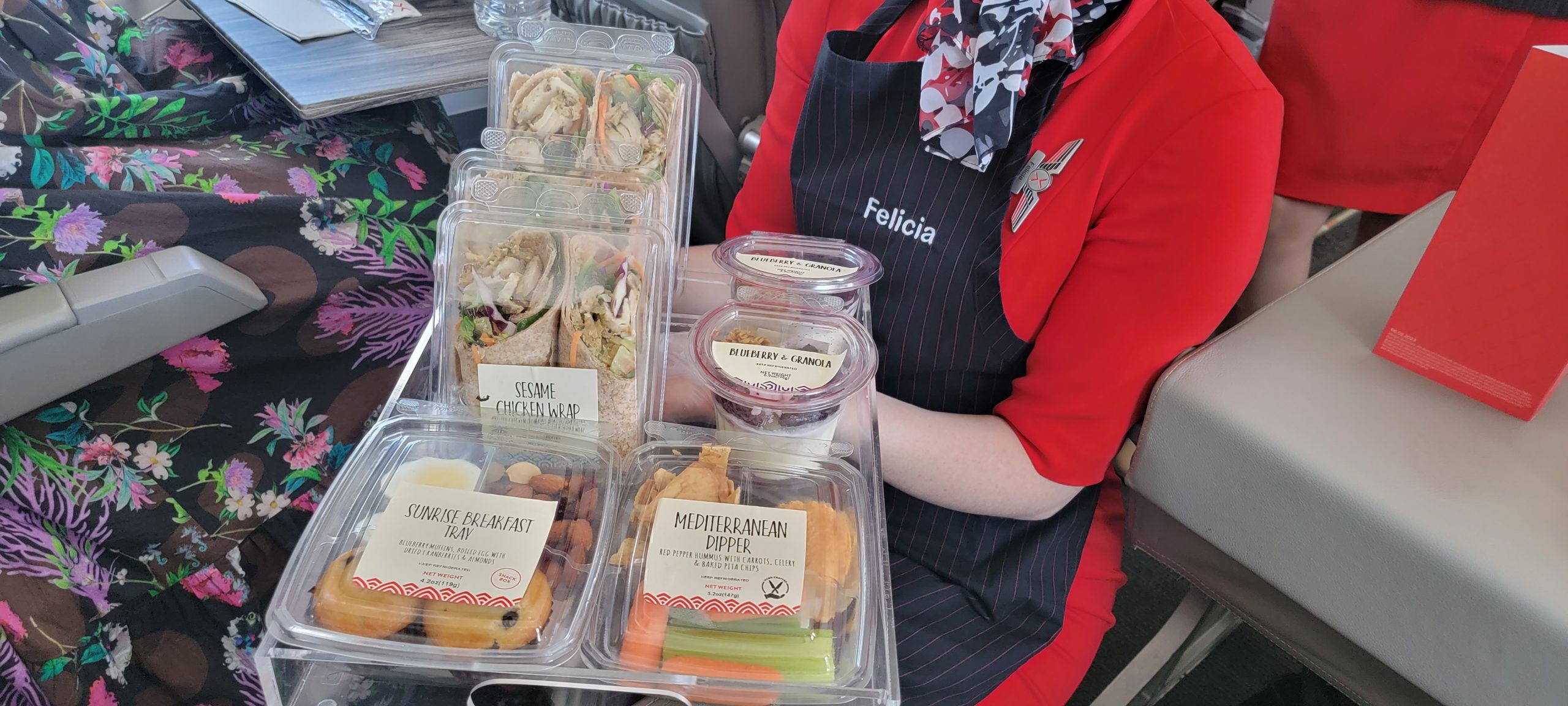
Surely there would be a push by incumbent airlines – especially American and Southwest which are based in Dallas alongside JSX – to outlaw them. That’s what major airlines did when Southwest first launched, and what they did when Legend Airlines sought to fly all premium cabin jets from Dallas Love Field as well.
JSX’s CEO pushed back to me in March, suggesting that the industry wouldn’t be unified against them since United and JetBlue have ownership stakes. The actual opposition, though, came from unions and especially the pilots unions though American has piled on. American doesn’t like the competition, especially when it means offering consumers a better product.
ALPA might have stayed quiet about JSX but their fear is that the model is spreading, and it makes it easier to become a pilot. SkyWest is seeking approval to operate an airline under the same rules as JSX in order to operate Essential Air Service routes less expensively. You can’t pay big airline wages and amortize those across a couple dozen passengers instead of a hundred or more.
So they’ve taken to the DOT’s docket to try to make the model illegal. They call is ‘closing a loophole’ which is their recognition that it is entirely legal. They just do not want it to be.
ALPA begins by complaining that JSX serves airports that have commercial air service already (although they acknowledge 27% of their airports can’t handle large aircraft for scheduled service). But JSX often serves cities without major service, and routes that aren’t served by major airlines – ALPA cites Concord and Monterey, California – suggesting that passengers could just travel to other San Francisco Bay Area airports.
- JSX offers a differentiated product, that ALPA casts aspersions as catering to premium travelers. Their own pilots, of course, fly to premium destinations like London, Tokyo, and Nice on airlines selling five figure tickets. ALPA doesn’t want competition for premium travelers.
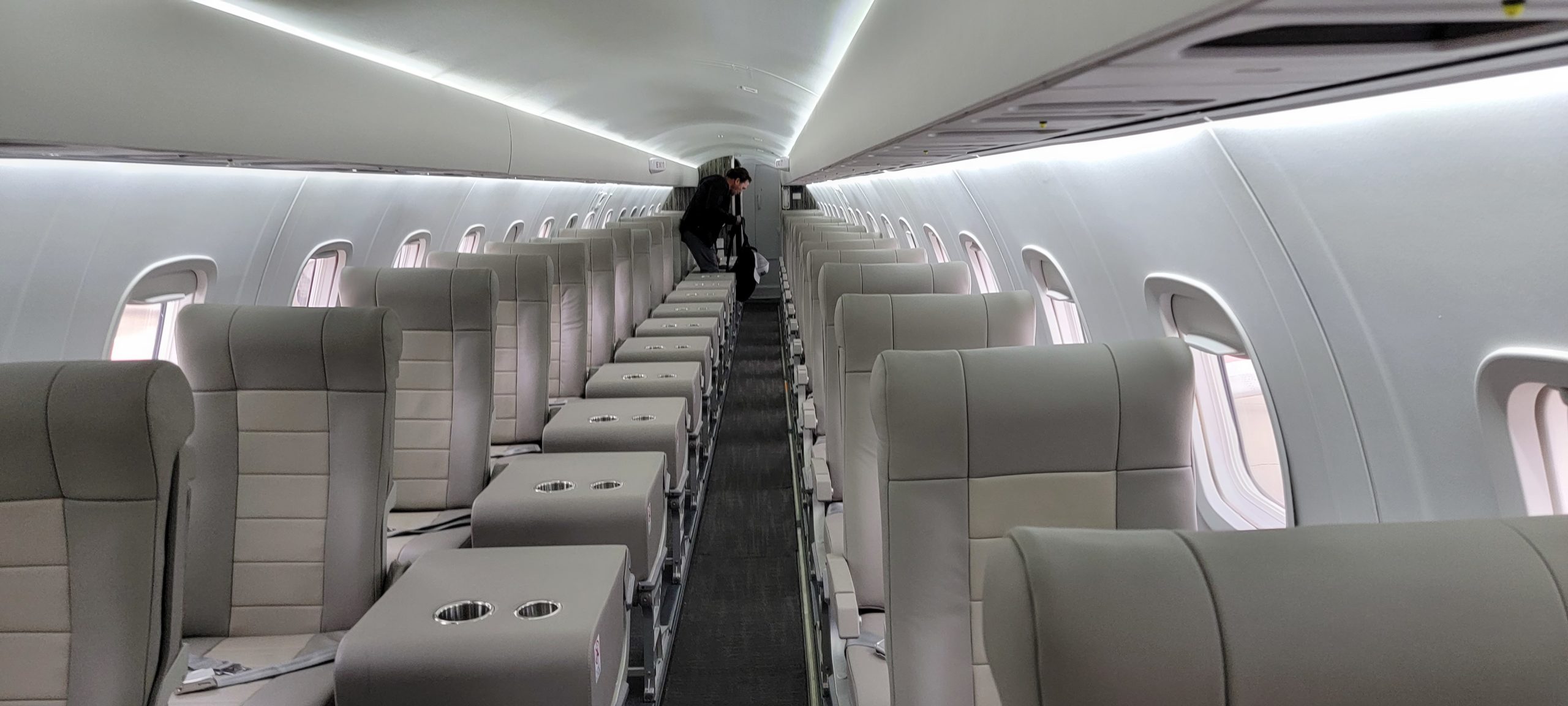
- JSX offers a more convenient product, but ALPA has an odd sort of model, where if they can prove the airline isn’t ‘necessary’ since people can still travel, they shouldn’t exist. It’s a protectionist argument against innovation.
They claim that because the airline appears to a consumer to offer a ‘schedule’ it ought to be regulated as a ‘scheduled airline’. But that is not how FAA rules work. JSX operates squarely within 14 CFR Part 135. And ALPA acknowledges this (“JSX’s response that the loophole is legal misses the point.”) They continue that “[w]hile legal,” it shouldn’t be.
This is where they get to the truth of their complaint, that JSX:
- Doesn’t have to impose the 1,500 hour rule on co-pilots
- And doesn’t have to enforce age 65 retirements (they hire a lot of 66 and 67 year old senior captains from major airlines, who were themselves pilot union members)
- Plus, there are other regulatory requirements they don’t have to comply with (though that aren’t necessarily relevant but that would impose costs on a competitor)
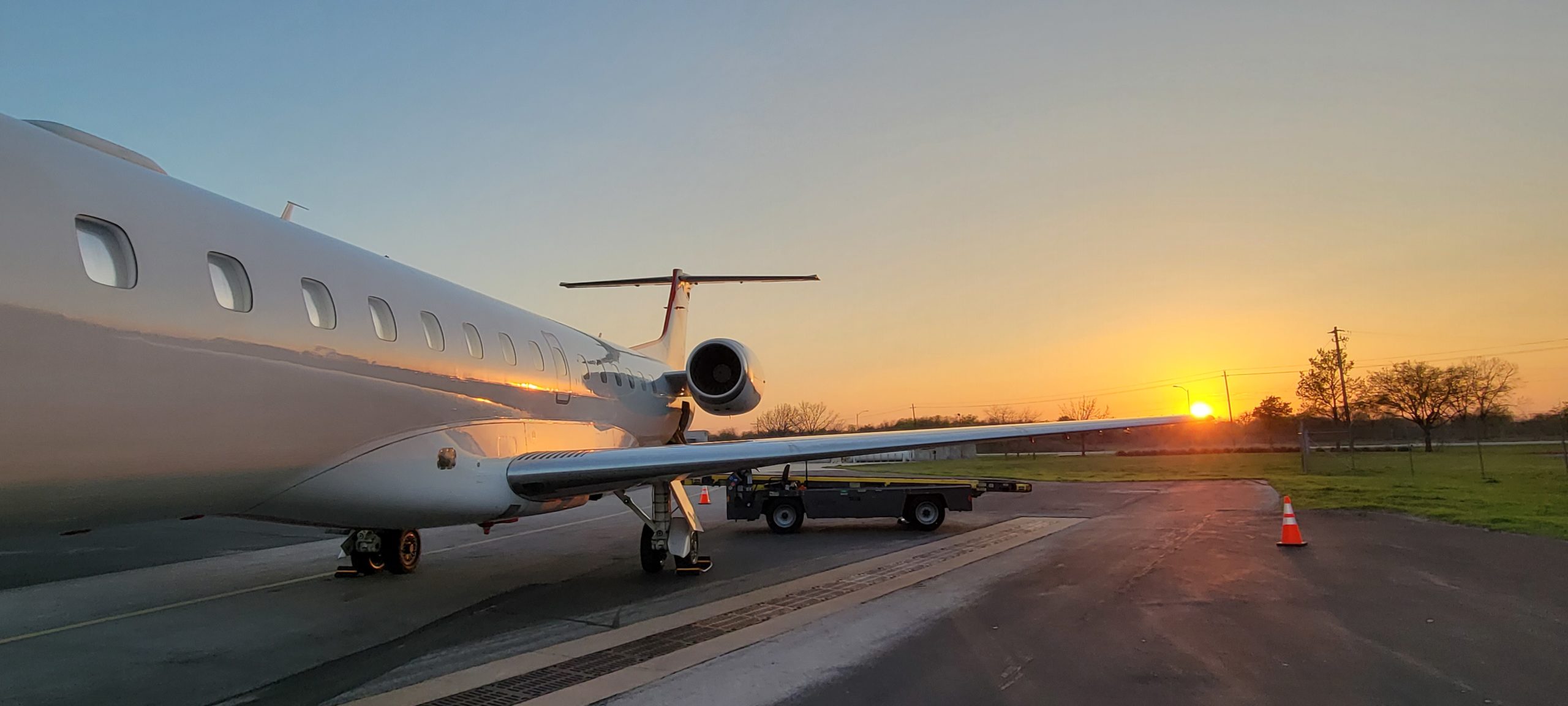
And they complain that, operating from private terminals, JSX is able to offer greater convenience and avoid TSA. Of course,
- There is zero evidence that TSA procedures are safer. TSA hasn’t expressed concerns about them!
- JSX IDs passengers and runs names against screening databases. Carry on bags are swabbed, and laptops removed while proceeding through their security.
- The union warns “an ERJ-135 or ERJ-1445 can be hijacked and can be used as a missile” (sic) though a chartered aircraft can be, too. Private charters and private planes fly with far less security, day in and day out, and they’re often larger jets too. (And there’s no suggestion that there’s any actual plot against a 30 seat plane from a small operator out of a private terminal, either.)
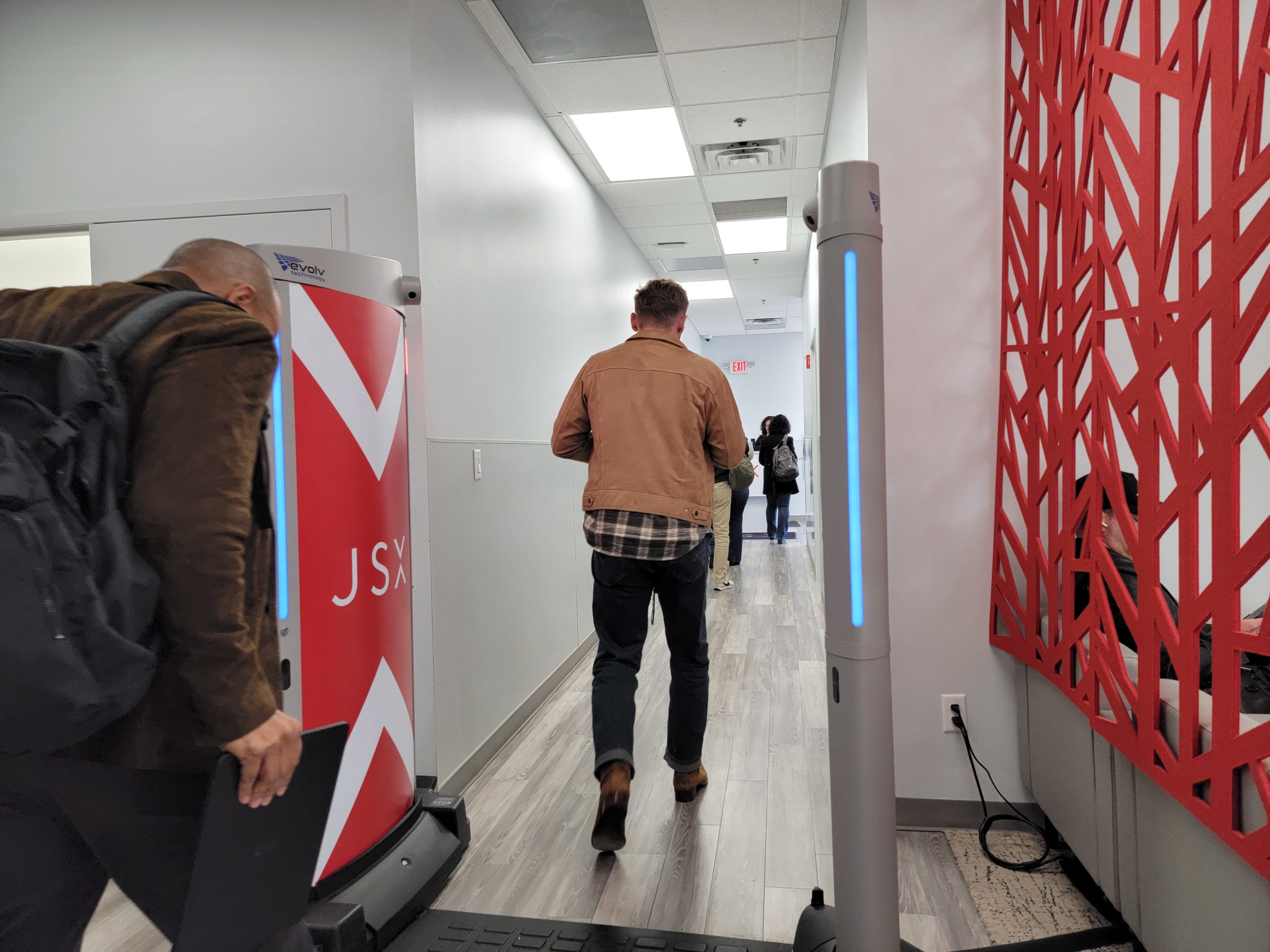
- There’s no consideration given to the accidents and road deaths that occur when people are pushed to drive rather than fly on routes where there’s no commercial air service, or people are forced to travel to an airport that’s farther away.
- Making private terminal procedures – with far stricter security – available to more people is what’s triggering.
Bizarrely they’re petitioning the Department of Transportation to ban JSX’s business model over a hyped up security threat even while acknowledging that “TSA’s procedures are beyond the Department’s jurisdiction.” They’re asking the DOT to step outside of its jurisdiction to change the law over thinly-veiled security justifications for naked self-interest.
ALPA’s concern, of course, is that carriers operating under existing rules are able to hire pilots which aren’t represented by their union and aren’t subject to the same occupational licensing restrictions that limit competition and drive up wages. Indeed, pilots can get paid while accumulating the hours necessary to work at a major airline while at JSX or other part 135 operators. That’s competition.
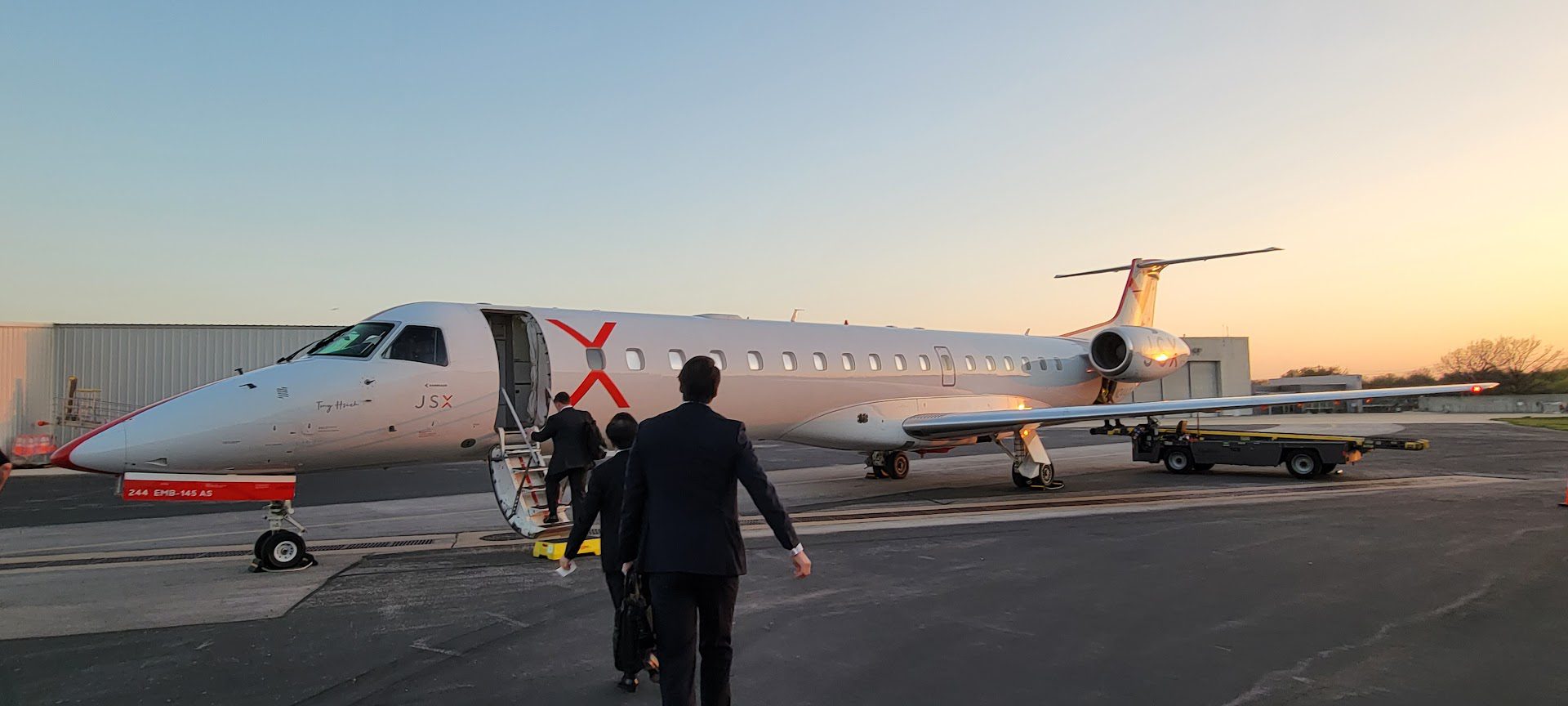
This is all playing out in a regulatory docket seeking approval for SkyWest Charter to operate Essential Air Service routes. Since SkyWest wants to operate under similar authority as JSX (but from regular airport terminals, and they say without co-pilots who have fewer hours), ALPA sees the JSX model spreading. And they want to clamp down on that. ALPA lobbied for the 1,500 hour rule, but it wasn’t tight enough to accomplish their aims and JSX plus SkyWest Charter shows them that. Fortunately there’s no active rulemaking on revising part 135 rules. But they’re working towards one.
Shout out to Scott McCartney and Ben Baldanza, a transcript of whose Airlines Confidential podcast interview with JSX CEO Alex Wilcox makes up 28% of the filing (cited primarily for the propositions that customers receive a premium product and from a more convenient location).


Pilots making $200,000 -$450,000 scared of the competition. Poor things
Those poor mega airlines and well-to-do pilots: we need to protect them from the vicissitudes of the traveling public’s needs.
For all practical purposes, JSX is a scheduled air carrier and should be treated as such. Passengers flying them are assuming they’re on a flight that has the same safety standards and oversight as all other scheduled carriers…but they don’t.
The airlines have too much of a MONOPOLY and restraint and control over the general public. There should be someone else offering flight services and not only the ‘big, bad airlines’.
Once again, Gary wades into an area , says he is an expert, he is a blogger period.
Gary has zero knowledge on FAR 121 versus FAR 135 rules and compliance or the differences of SMS in the different operating parameters. Let’s just say 121 is highly regulated and overseen by the FAA because when there is an accident Congress and the news cover it, 135 not so much.
In my business we have caught 135ers trying to operate as part 91 to save money and get around regs, its the same story for someone trying to operate as a 135 operator instead of 121, its all about the money ultimately.
Once again Gary, whomever you are carrying the water for again has used you, blame those big bad unions, you are so transparent.
The Biden regime’s “antitrust policy” is so devoid of economic sense that this proposal from AA and the union could actually get through. This is despite the facts being so one-sided: now, more than ever, consumers need the kind of innovative solution that JSX and its ilk represent.
Since this will ultimately be decided by politics, readers should pray that a pro-market administration is in charge after the next election.
@Greg B – In DOT’s and FAA’s view JSX complies with all relevant regulations. This stuff about their safety standards is a canard. They often have more combined years of experience in the cockpit than scheduled carriers… because they can hire recently-retired senior widebody captains and have them home every night (90% of JSX flights overnight at base, which is also why ALPA’s complaint that they aren’t subject to part 121 rest rules is a canard). Their co-pilots have to have the hours that are required in Europe for Lufthansa flights, and Europe’s safety record is just as good as in the U.S.
@30west – you do not cite a single thing that I’ve written that’s inaccurate.
You’re a pilot, from your email address, your vested interest aligns with ALPA. And this hits close to home. Got it.
But what on earth does a part 135 operator that you’ve “caught” violating rules have to do with JSX, which as far as FAA and DOT are concerned is compliant? Total non-sequitur.
Of course you blame my motives (“whomever you are carrying the water for”) when you have nothing to attack on the facts. To be clear: I have no known conflict of interest here. (I have never accepted so much as a free flight from the parties involved.) How about you?
-TSA likes the JSX model and looks to partnership with the private sector to strengthen security and provide innovation. Just look at their enforcement recently… they’d rather have the airline/airport spend the money on changing infrastructure or researching new solutions versus paying a fine (now, civil penalties all go into the GSA pool and TSA doesn’t get the funds it collects as fines).
-My last JSX flight had a Captain who used to be chief pilot at Mesaba and VP of safety at a major airline, and flew Airbus for quite some time as a union pilot. The First Officer had just retired from Southwest.
-American/APA, as well as the ALPA carriers, don’t seem to have a problem with certain 135 operators who are running EAS (since the majors and their $100k hiring bonus pilots can’t do it effectively) since some of those have flow-through partnerships with the majors. No problem if they are a union-pilot-in-training apparently.
-Further, my next two flights on part 135 carriers were purchased via major airlines: one is a codeshare bought through United.com and the other via AA.com, both to EAS markets.
Gary: does JSX security swab only the outside of bags or also the inside? What do they do with your laptop after you remove it from your bag?
This is one area where the CEOs and the unions see eye to eye:
Competition is bad!
ALPA, the grift that keeps on grifting.
“ALPA doesn’t want competition for premium travelers.”‘ It has been said that most of the profit in airlines comes from business class and first class passengers. Any siphoning off of those travelers from the major airlines may be an existential threat. This is the reason for their reaction. Follow the money.
The moment ALPA is against something it generally tells me it’s probably a good thing. Last week I saw three APLA pilots with lanyards saying, “Contract First, United Next.” Funny thing is, there was no mention of safety. No mention of passengers. Just a bunch of whining from cry babies making over $200K who want you to think the thing they care about most is your safety and not their bank accounts.
I call BS. If any of you on here are pilots, I’d like to suggest that you please stop trying to blow smoke up our posteriors.
And, @L3, grow up. It’s time to stop making every G-D thing that happens about Biden. I’m pretty sure Biden is not sitting in the White House thinking about how he can stick it to a start-up boutique airline. And, best I can tell, Buttigieg has his hands full dealing with the FAA.
JSX is awesome. If airlines were smart they would all start similar service and tell the union to STFU.
My only critique is that JSX does not offer more frequent service from CCR to more destinations. But that too shall come.
Mokulele is another example of a small carrier who provides stellar service but for an even lower price. This is the wave of the future for small airports that would otherwise lack service and for those of us who can’t afford private jets.
When have you ever seen a union not act out of self interest?!?!? JSX is great for travelers so far. The fact that qualified experienced pilots can keep working and are willing to work for less is another plus. I look forward to JSX and Theo model expanding.
JSX and new airlines should be encouraged. Competition benefits consumers. We should be changing laws to make it easier to start airlines.
Protecting incumbents by making competing illegal is immoral and the plaintiffs should be penalized.
Ironic that ALPA, responsible for shitifying the airline product, is arguing for an outcome that keeps the product as shitty as possible. Thanks union pilots! (Sarcasm.)
Ah yes. Gary Leff. The poor failed pilot wannabe who can’t hide nor let go of his bitterness. Sad, pathetic Gary.
@MegaloDale – pathetic is pilots coming on here to defend their pork *without being able to construct an argument* or suggest even one thing I’ve gotten wrong in the piece.
And for the record I never had a goal of becoming a pilot, though I much enjoy time in commercial airline simulators.
jns hits the nail on the head. Its all about the money. I know numerous pilots who have “aged out” of Part 121 operations who are more than capable of operating these ERJs safely. As the author pointed out Part 91have NO restrictions on age and are, in some cases, operating larger jets than these ERJs. A second point the article mentioned was the fact that passenger safety is more at risk forcing people to DRIVE from Nebraska to Denver as an example.
As long as the FAA keeps an eye on the maintenance, training and record keeping of airlines like JSX I just don’t see the issue. As far as ALPA and the Teamsters go, more JSX pilots mean less dues money. There’s not only a Company bottom line, but a Union bottom line as well.
LoL, they are afraid from a small time carrier ! To fly now days with this mega airline companies you have to brake the bank , and most of the time get stock for a whole day in JFK or other major airports on a delay for a stop over . They need regulations on themselves
The per seat, on demand air transportation segment is now ready to be served. JSX is walking towards it. They have it about 20% right. They are still subject to the supply and demand shocks that erase all shareholder value every 8 to 12 years as evidenced by their trip through the bankruptcy process (and the subsequent taxpayer bailouts) like the others, but they are moving in the right direction.
The commercial airline model of the last 40 years will still work for long-haul, big-planes for awhile while the other stuff shifts in the direction of what JSX, Surf (TBD) and others are doing. On-demand, per-seat for the F, C and Y+ Crowd in the 1 to 3 hours flight range is what’s up for grabs here and that’s 80% of the game. That market deserves to be and more passengers will soon be served in this or different ways (as JSX is proving) tailored to their needs than the predominant commercial airline business model allows today.
As you work your way down the ladder from FAR121, 135, 91, etc., you find that efficiency drops dramatically. The big carriers would be better served to find a way (FAR380 or similar) to translate and incorporate this inefficient air transportation capacity into their more efficient networks rather than wasting money on lawyers. As this article points out, there are different standards that create different cost structures. The old assumptions that on-demand, per-seat can only be done only by those with lower safety standards (ie lower cost structures) can be today challenged. Uber and Lyft did it on the ground and eventually it will be done in the air too-in collaboration, not in opposition to the regulators. This gets more true everyday- legal battles or not.
Thank you for the great article that outlines the situation quite nicely. It’s interesting and very airline, of course, to see the two sides battle rather than collaborate to create in innovative solutions for their best passengers. “Sad” may be is a more appropriate word for the situation than “interesting” but it is what it is.
Thank you for posting this article and for allowing all to share their passionate takes about how they feel for what is at play for all the stakeholders. I wish the voice of the customer had more representation here because they are the ones that will eventually usher in and show the change.
Does anyone remember airline ticket prices before deregulation? Competition does beautiful things for consumers. America needs more innovators like JSX. Legacy airlines mistreat passengers.
A ” Red X” on the side of an airplane can never be a good sign. Terrible marketing. Someone needs to look up the meaning of a “Red X” on aircraft maintenance forms.
Wow, speaking as someone from outside the industry, that’s about as one sided as you can get with an article. Sure, the financial interests here are obvious on both sides of the argument, and the groups pushing against this company using this loophole to circumvent regulations probably aren’t fighting out of principle.
Still, their argument is sound. From what you describe, this isn’t a company who is disrupting the industry because they are innovating, it’s a company who is disrupting the industry by evading the costly safety regulations that that their competitors are held to. This airline is able to get a government mandated advantage against their competitors. If the rules themselves are bogus and unnecessary, then change the rules and make it so that no airline is held to them. Otherwise, if you are going to hold airlines to these regulations then hold all airlines to the regulations equally. If this airline’s model is so innovative that it can disrupt the industry, let it do so on equal footing.
So far every argument that I’m seeing (in both the article and the comments) comes down to either a claim that these regulations are pointless in the first place (in which case, again, change them for everyone), that the groups pushing against this have a vested interest in closing the loophole (which seems to be true but doesn’t make their arguments any less valid), or that competition and innovation are good (which again is a true statement but irrelevant to the claim that a double standard should exist). As far as I can tell nobody has even tried to make the argument that there is a reason why these rules should apply to only some airlines.
Simply put, it’s not just competition but fair competition that is good. That’s conpetitoon where everyone has to follow the same rules and deal with thebsame government mandated costs. This airline clearly isn’t following the intent that part 135 was created for (small charter jets where passengers all know each other and which aren’t operating as a regular airline). Since they are operating as an airline and not a charter company, they should be regulated as an airline.
For the love of God, if your going to pretend to be a journalist at least proof read your posts for misspelled words.
@Jason – I am not a journalist by profession, but if you’re going to complain about something maybe you could share what you think is misspelled? Arguably some words might appropriately include a hyphen between them, or are you taking issue by my lack of a comma here or there?
I take it, then, that you have nothing substantive to complain about so you offer non-specific non-substantive criticisms because you don’t like the vibe of the post because it conflicts with your personal interests?
I highly recommend flying private. It’s so much more comfortable and you don’t get delayed or cancelled due to crew issues. How many times have your flights been delayed or cancelled because the crew was unable to fly or someone missed their connection or some other bogus excuse? Just splurge and spend the extra money. It’s so worth it and the miles you earn on the major carriers are basically worthless. What used to cost 100,000 points now cost 400,000-500,000 or more points. How much longer are we willing to put up with their scam?